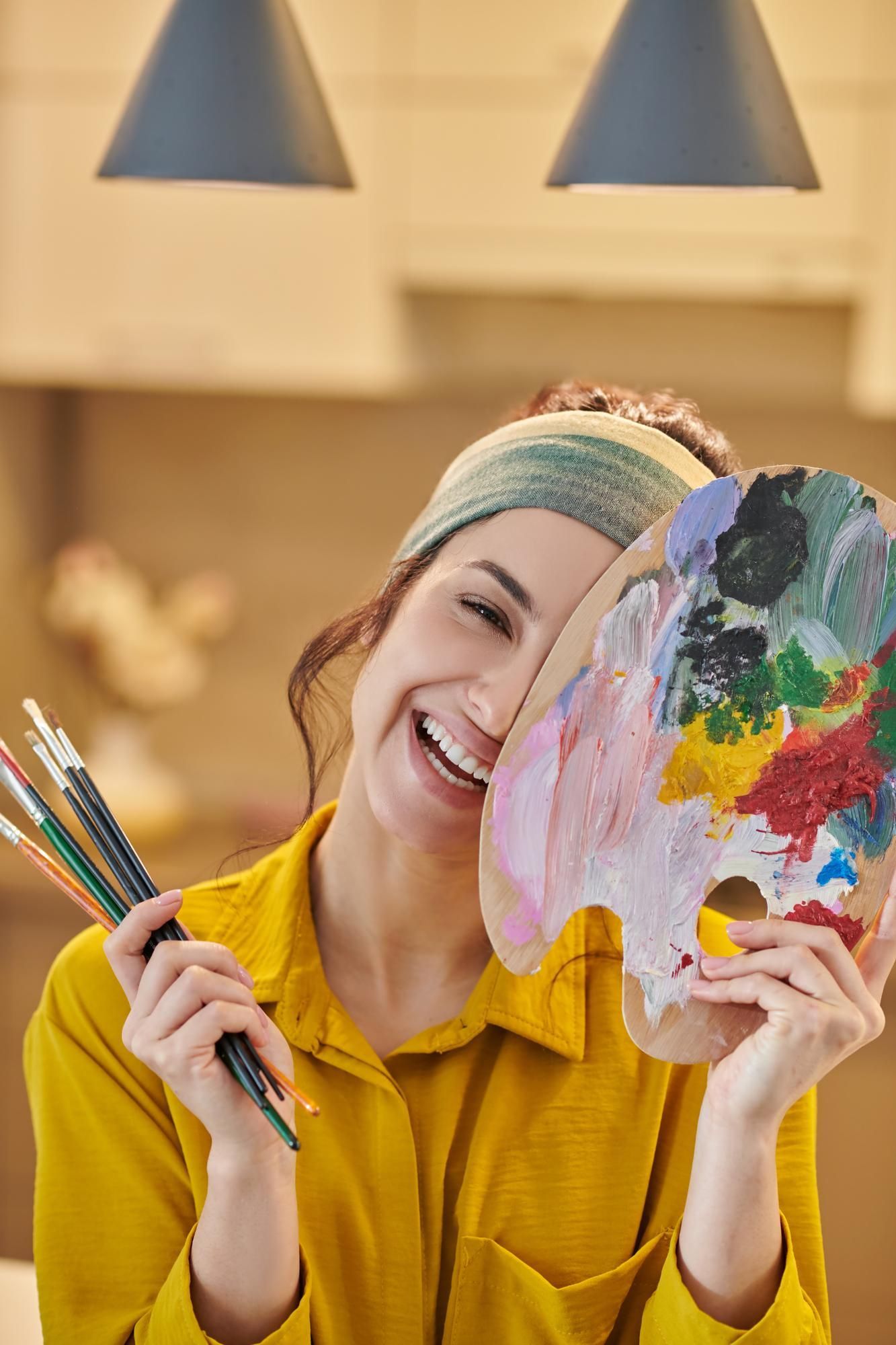Art Therapy
The Miracle Foundation SCIO provide one to one and group Art Therapy support to Children and Young People within the organisation’s core premises and as part of contracted work with primary and secondary schools. One-to-one sessions are typically provided via one 50-minute session each week over a 10-week period. Group sessions are provided over the same time period but with an increased session time of 90 minutes.
Art therapy can be described as a form of psychotherapy which uses artistic expression to help to express yourself. Anyone can participate in art therapy, and you do not need to be good at art to do so but it can only be delivered by a trained art therapist. The goal of art therapy is to utilize the creative process to help people explore self-expression and find new ways to gain personal insight and develop new coping skills. The creation or appreciation of art is used to help people explore emotions, develop self-awareness, manage stress, aid self-esteem social skills.
Art therapy can be carried out using a wide range of mediums including paint, clay, collage, drawing, colouring, sculpting, photography and many more. It can be done on a 1-1 basis or in groups, but the rules of confidentiality always remain the same.
As clients create art, they may reflect on what they have made and how it makes them feel once finished and during the creative process. Through exploring their art, people can look for themes and conflicts that may be affecting their thoughts, emotions, and behaviour. Art therapy can be participated in from any age and can be used to help various mental health issues (depression, schizophrenia etc.), bereavement, emotional difficulties, trauma, emotional regulation, family and relationship issues, substance misuse and stress. Art therapy is judgement free and always carried out with aims and goals in mind.

According to the NHS UK statistics creative therapy has been found to reduce agitation and the need for medication in 67% of people with dementia. An arts-on-prescription project has seen a 37% drop-in GP consultation rates and a 27% reduction in hospital admissions. A study conducted within deprived communities in London found that, of those people who engaged with the arts, 79% ate more healthily and 77% engaged in more physical activity and 82% enjoyed greater wellbeing (cited from the Creative Health: The Arts for Health Wellbeing report).
The Miracle Foundation Scio
51 Hamilton Road
Motherwell
ML1 3DD
The Miracle Foundation Scio
51 Hamilton Road
Motherwell
ML1 3DD
Registered in Scotland as a charity no. SCO49840
All Rights Reserved | The Miracle Foundation Scio


